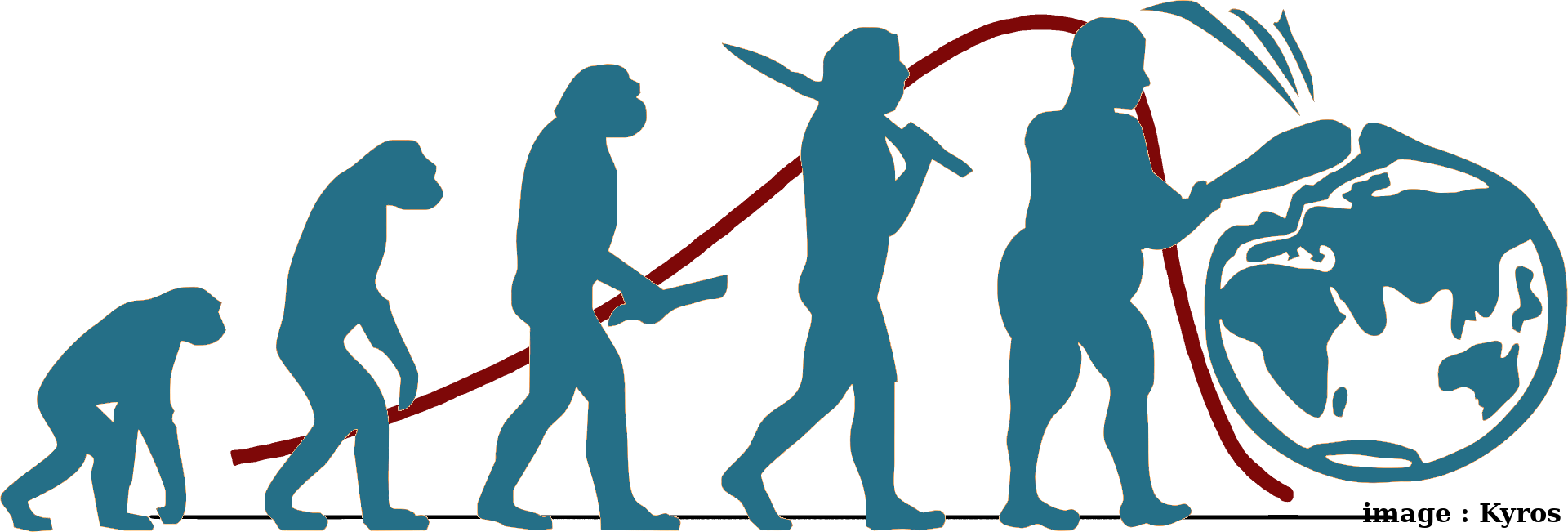filtre:
adapting
2025
This Contemplation is the result of my beginning to put together a different one that’s focussing upon an academic article I’ve been reading (Collapse, Environment, and Society) but that got me thinking about the academic ‘debate’ regarding what ‘societal collapse’ is, how it may–or may not–unfold for our current experiment in large, complex societies, and how things are perceived in the moment by those experiencing societal change. The ‘debate’ (centred more-or-less on the question: Do societies actually ‘collapse’ or are they ‘merely’ shifting/transforming/adapting to changing conditions?) is rather ‘academic’ in that in the grand scheme of things it’s intellectually interesting but doesn’t have much to do with the on-the-ground, real-life experiences and concerns of most humans in a society–especially if they are experiencing some of the more ‘problematic’ consequences of collapse/transformation.
An international forum for leaders addressing interconnected crises, systemic challenges, the imperative for a new approach, collaborative solutions, and adapting to inevitable consequences. - An international forum for leaders addressing interconnected crises, systemic challenges, the imperative for a new approach, collaborative solutions, and adapting to inevitable consequences. - 25 April 2025 – MagNet Community House, Pallavicini Palace, Budapest
2021
The annual "adaptation gap" report — which published Thursday amid the COP26 climate summit in Glasgow — found that the estimated costs to adapt to the worst effects of warming temperatures such as droughts, floods and rising seas in low-income countries are five to 10 times higher than how much money is currently flowing into those regions.





